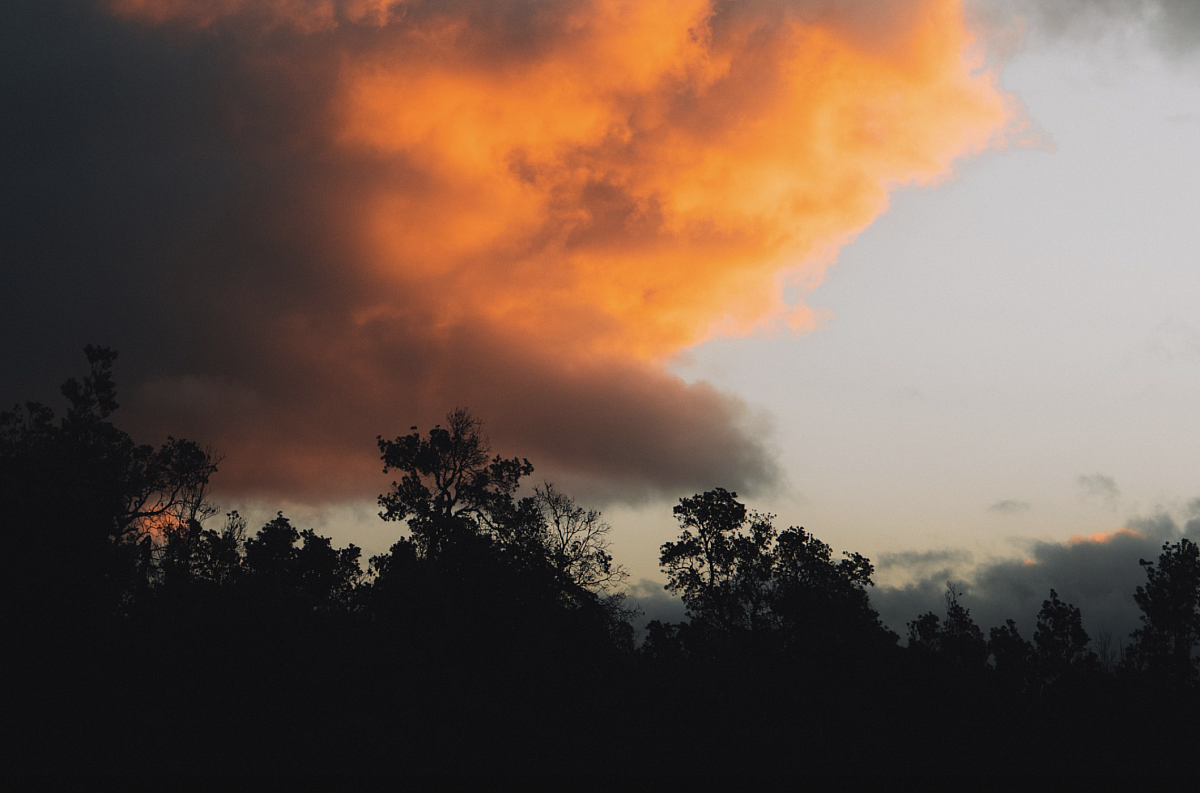Knowing Our Power in Tumultuous Times

Kelly O’Shanassy, CEO of the Australian Conservation Foundation, spoke these words to me last year, during an interview for The reMAKERs podcast about climate change and what gives her hope. The UN’s Intergovernmental Panel on Climate Change had just issued their latest report, a Code Red for Humanity warning on the nature of things to come. I asked her how she’s able to get up and do this work every day, during a pandemic, knowing that the future for life on Earth is looking so grim.
“The future is not a linear extension of the past,” she replied. I felt myself exhale.
So who shapes the future?
I’ve spent the better part of two decades working in activism and communications, and prior to COVID-19, the hardest part of my job was trying to convince people that things really could be different. It seemed to many like the world was too set in its ways – its norms, ideologies and power structures too ingrained to ever truly be disrupted.
What a difference the last few years have made.
We’ve breathed in the smoke of the fires and reckoned with the terrifying reality of climate change.
We’ve become amateur epidemiologists – with vocabulary and behaviours that would have seemed alien to us a few short years ago. And we’ve re-examined and reinvented nearly every nook and cranny of daily life in an effort to keep people safe, employed, connected and sane.
We’ve learned that things really can change, and fast. That we’re all connected, not just as a spiritual or moral principle, but as a practical reality. That when our leaders put aside the bullshit and truly work together, we can be so much better than we thought.
So what now? How do we harness this hard-won shift in collective perspective for intentional transformation at scale? How can we make change something that happens for and by us, rather than simply to us?
The first mindset shift we must make is learning to look up: from symptoms to sources
Let’s start with climate change. Did you know the whole ‘carbon footprint’ calculator was invented by an advertising firm employed by fossil fuel giant BP, just to keep folks like us distracted? Or that a mere 100 companies are responsible for 71 percent of the world’s greenhouse-warming emissions?
That doesn’t mean we shouldn’t continue to make good personal choices where we can, but if you find most of your energy goes to being hard on yourself or others for not being ‘perfect,’ admit defeat. Perfect isn’t possible.
We’re all navigating daily life inside systems in need of a dramatic upgrade.
Individual actions may add up, but as climate activist Bill McKibben reminds us, they don’t multiply. And we need to learn to focus on solutions at a pace and scale that multiply.
So what’s an individual to do? When the great Naomi Klein gets asked this question, she answers: “Stop thinking of yourself as an individual.” I would add to that one small word: “only.”
Stop thinking of yourself only as an individual.
Second shift: there’s no one right way to be a changemaker
Honour what makes you, you. Instead of judging it as imperfect, see how you might use it in a way that connects to something bigger: to community, to democracy, to business and finance, culture, education… to whatever and with whomever you belong. Who can you team up with to learn, divest, inspire, re-imagine, include? Who can you listen to, and how can you use your voice to influence and empower others?
Don’t rule yourself out. There’s either a seat for you at the table, or build a new table.
I once met a woman who was desperately concerned about climate change, living in a wealthy suburb and married to an investment banker. “People like us can’t be environmentalists,” he told her flatly. She went on to mobilise behind Zali Steggall’s campaign, which unseated Tony Abbott on a platform of climate action and helped further inspire the entire Voices4 movement.
The truth is, there are infinite ways to be an incredible co-author of our collective future, and a multitude of beautiful possibilities daring to be born. Best of all, they don’t require you to change who you are, but to be who you are – fully, and in service to something greater.
Third shift: become the people of both/and
Acknowledge Country and ask your MP and Prime Minister to support the Uluru Statement.
Give to causes you believe in and speak out for policy change. Avoid single use plastics and make sure your investments aren’t tied up in fossil fuels. Choose kindness and run for office, or help someone you believe in do the same. All of this takes some learning, as well as some unlearning. The economic and cultural conditioning of the last five decades has trained us to be more ambitious for the ‘me’, while becoming more timid, unskilled and complacent for the ‘we’.
But we can’t achieve or buy our way out of systems failure or collective anxiety – what some academics are now calling a general Terror About The Future (a terror our young people feel acutely).
We can, however, harness our energy, skills and ambition for something greater than ourselves. We can cultivate the radical hope that comes through love in action, and personal commitment to the public good. We can take courage and optimism from the suffragettes, the abolitionists, our First Nations leaders, labour organisers, environmentalists, women’s and civil rights leaders, marriage equality ‘YES’ campaigners and many more – none of whom were perfect. All of whom rejected advice to just be ‘good’ or adapt to despair and injustice others accepted as fact.
The future is not a linear extension of the past. Things really can change, and fast.
This article was originally published on Dumbo Feather on June 20, 2022.


On Apr 10, 2024 john wrote:
Post Your Reply